Trigger Warning: This blog post addresses orthorexia nervosa, an eating disorder centered on obsessive healthy eating. If you’re sensitive to discussions about eating disorders, it’s okay to step back if needed or seek support. Your well-being matters most.
Have you ever felt guilty after eating so-called “bad” foods, leading you to a desire for cleaner eating to avoid potential health issues? Or perhaps you’ve considered exercising to offset the calories from yesterday’s heavy dinner? For 15 years, I held onto these mindsets as part of my struggle with orthorexia, an eating disorder.
In today’s society, we often normalize disordered eating habits without realizing it. Toxic diet culture is deeply ingrained in our daily lives, influencing how we perceive food, body image, and health. We celebrate individuals as success stories when they lose weight or choose healthier foods. This doesn’t mean that losing weight or enjoying certain foods is inherently negative. However, as the saying goes, too much of anything isn’t good. These habits become unhealthy when they turn into obsessions or interfere with our daily lives.
I didn’t realize I had an eating disorder until the awareness around orthorexia began to rise recently. In this blog post, I’ll share my journey on how it started, how it unfolded, and how I eventually healed my relationship with food and recovered from this disorder.
Table of Contents
Background Before My Eating Disorder
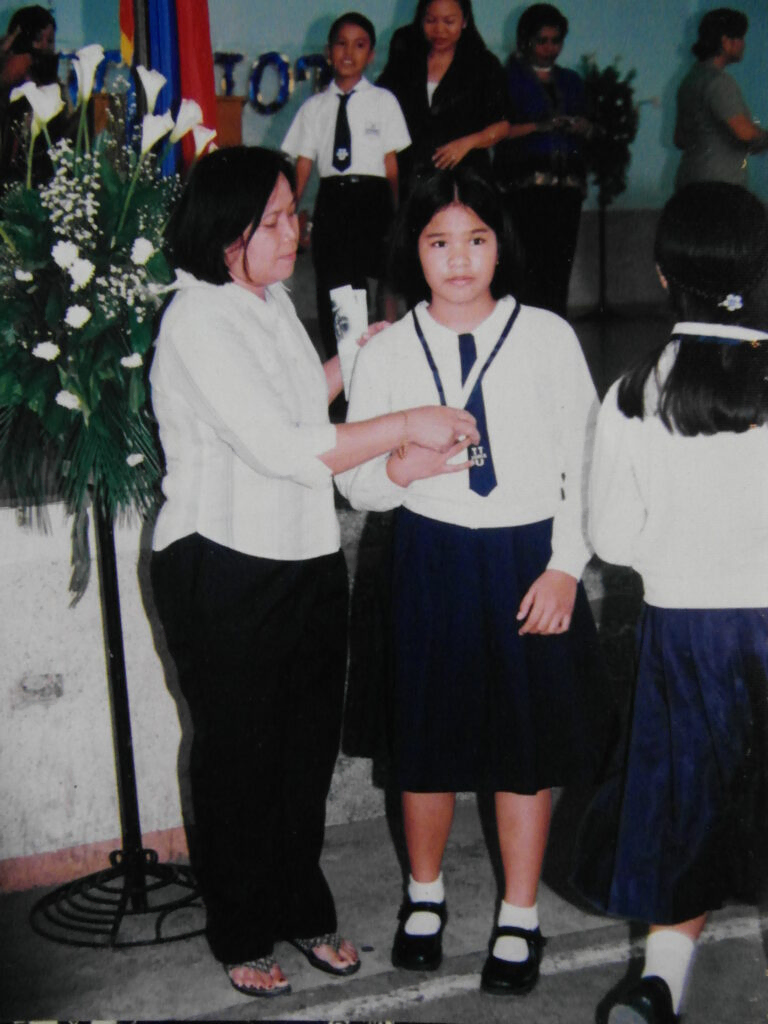
Growing up, people often considered me large because of my height and body structure. I never struggled with an eating disorder. Back then, orthorexia wasn’t known yet. I didn’t really care about my appearance, until others began pointing things out to me.
Body-Shaming In Filipino Families and Culture
In Filipino culture, especially within families, body comments and body-shaming are often normalized. This becomes evident during family reunions and gatherings. When a family member sees you after a long time, their first comment might be:
“Nanambok naman ka uy!” (You’ve gotten so fat!)
“Nagniwang lagi ka! (You’ve gotten so thin)
“Kailangan na jud ka magpaniwang.” (You need to lose weight)
Instead of saying, “How are you?” The first thing that I notice when someone sees you is your body. It’s as if the things that matter about me are just my weight and my looks.
Relatives or other people didn’t start commenting on my weight until I was around 11 or 12 years old. I became an overweight kid at that age, and I started to feel insecure about myself.
Social media was still not a thing in 2007. Mainstream media, including magazines like Candy or Seventeen, television ads featuring enhanced celebrity appearances, and reality shows like America’s Next Top Model and Project Runway, were very popular during that time. These were things that influenced how I see my body.
The Start Of My Orthorexia Eating Disorder

Feeling disgusted with my overweight body, I embarked on a “clean eating” journey months before my elementary graduation. I cut out meat and ate only vegetables, fruits, and rice, despite being accustomed to a more varied diet. I also avoided processed foods like sugar, bread, and canned goods, labeling them as “bad” foods. Whenever I consumed those “bad” foods, I felt compelled to eat pineapple, papaya, or drink an L-Carnitine beverage, believing they would help burn and detoxify the unhealthy foods from my body.
Over time, I lost weight. People began to notice and comment on how slender I had become. I vividly remember my parents’ friends asking, “Where’s your fat child? I haven’t seen her in a while.” My mom would then point to me, and they’d be astonished to see me in a skinny body. My mom would praise me for my “healthy” eating habits and others began to view me as a “fitspiration.”
For 15 years, I held onto my orthorexia mindset, constantly reminding myself, “Yes, I was that fat kid, and I never want to be called that way again.”
Although my parents never directly commented on my body, I vividly remember moments in public or while watching TV when they would make remarks about others with larger frames. They would comment on how big someone was or subtly point with their lips which is a familiar and humorous Filipino gesture. Those remarks lingered in my mind.
My Orthorexia Eating Disorder When I Was A Student
In hindsight, I didn’t realize that this was the beginning of my self-worth and time being tied to how I looked. For the next 15 years, my mind would be consumed with eating clean, dieting, and exercising. Somehow, these acts became my sweet revenge against those who commented on my large body as a child, which is why I clung to that childhood trauma through my orthorexia eating disorder for so long.

By high school, I often found myself comparing myself to other girls at school, especially those who were tall, slender, outgoing, and had a model-like appearance. I aspired to be like them.
My exercise journey started with doing sit-ups and lifting weights. I would regularly do a hundred sit-ups. At that time, it was a fad that you can have abs when you do repetitive sit-ups. After each workout, I’d constantly check my body in the mirror and be fixated on my stomach. If it appeared bloated, I felt disappointed. I continually searched for ways to shrink my waist to achieve those ab lines like the ones I saw in magazines. This became my routine, particularly during summer breaks. I would diet and exercise at home so that, when school resumed, I would appear slimmer. I became obsessed with eating clean and continued to cut out processed foods, believing they would make my stomach bloated and my face puffy.
Around this time, I became a fan of America’s Next Top Model, Binibining Pilipinas, Miss Universe, and other beauty pageants. People often commented that I could be a model or beauty queen because of my height and physique, so I began thinking, why not make it my dream? This mindset fueled my drive to diet and exercise continuously.

When I entered college, I started running, which quickly became a part of my routine. Even though I have classes during the day, I make sure to run in the mornings so my metabolism won’t slow down. Also, instead of resting during the weekends, I make sure to run in the mornings even though I’m still sleepy and tired. I forced myself to run and would tell myself I lacked discipline if I didn’t.
I also prepared and brought my own lunch to school. Instead of eating rice, I opted for sweet potatoes paired with my usual vegetable dishes. Friends and lunchmates would comment on how healthy I was and ask for tips on staying skinny. This boosted my confidence, and I’d share advice on what they should or shouldn’t eat. For dinner, I only ate fruit, and if we didn’t have any at home, I made sure to buy some from the market. Even when my mom cooked a delicious meal or brought home takeout meals, I still chose consuming just a fruit over those dishes. If I had night classes, I would allow myself a rice meal, but then I’d worry about the extra calories and make sure to run the next day. I also drank an L-carnitine beverage, which is ubiquitously marketed as a fat burner even up to this day. Our garbage sacks would often be filled with empty bottles of these drinks. This was my mindset and eating habit throughout college.
As I mentioned earlier, it was my dream at the time to join beauty pageants or become a model. I dieted and exercised to be in my best shape in case an opportunity arose, but even when I was skinny, I wasn’t still confident. I constantly compared myself to pageant girls on TV, thinking that I’d only feel ready to join if I reached my goal weight or achieved a body like theirs. Reflecting on this now, I see that beauty standards are subjective, and what we see on social media is often an illusion.

My parents also began using Herbalife products, and this further intensified my obsession of eating clean. We always had weigh-ins at home where we use scales that supposedly measured body fat, bone mass, muscle mass, and water percentage. Looking back, I doubt the accuracy of these numbers as indicators of overall health. Every morning, I weighed myself immediately after waking up and would hope not to have gained a single pound. I felt deeply disappointed whenever I saw the scale rise, especially after eating out or indulging the day before.
Navigating Body Image Standards in the Workforce
After graduating from college, I landed a job at a bank. Even with this milestone, my disordered eating habits continued to dominate my life as I stuck to clean eating, strict food restrictions, and a rigorous exercise routine. Comments from my colleagues about my thin and fit physique made me feel like I was doing something right, but there was one remark that really stayed with me. Someone from the office mentioned that I might eventually gain weight like another girl who had worked there for a few years. I immediately thought, “No, I won’t become like that girl you’re referring to because I’m disciplined. I prioritize exercise and maintain a clean diet.” That thought stuck with me and became my motivation to stay skinny. I told myself I couldn’t let that happen.

Working at the bank also came with a sense of pressure, especially here in the Philippines. There’s this unspoken standard that if you work in a bank, people expect you to be poised, beautiful, and well-presented.

A year into my job, I was forced to join a bank pageant because I was still a newbie. Thankfully, there wasn’t a swimsuit competition, as I wasn’t confident in my body. Even so, I pushed myself to prepare physically to be at my best. I hit the gym every day after work and stuck to a restrictive diet to avoid a bloated stomach. Yet, despite my efforts, I couldn’t shake the dissatisfaction I felt with my appearance. Looking back now, I realize I was already thin, yet I dreaded skipping gym sessions and would force myself to go, even when I was exhausted.

Around this time, a college classmate, who was a title holder in a local city pageant, encouraged me to join the same competition. She introduced me to her beauty camp handler for training. On my first day, I was there to practice walking in 6-inch heels and prepare for the Q&A segment. However, when the mentor pointed out my belly fat, saying it was jiggling and needed to be reduced, my self-esteem took a massive hit. I was supposed to return the next day for another training, but I backed out. I realized I wasn’t confident enough to strut my body on stage in front of a large audience.

Not long after that, I decided to join a modeling workshop instead. I thought, “Even if I won’t join a pageant, at least I can gain some confidence on stage.” While I was happy with the pictures from that workshop, I still found myself criticizing my body, picking out all the areas I thought were too fat or large. My collarbones were one of the features people often complimented me on as they said I looked like a model because of them. While the compliments felt good at the time, looking back, I know I wasn’t at my healthiest. I was starving and restricting myself with my disordered eating habits.

At the same time, during this period, traveling was a trend. I often saw social media posts of friends showing off their bikini bodies. It made me feel even more insecure as I constantly compared myself to them. I envied how they looked, and before any trip to a beach destination, I would go on intense diets and workouts to achieve that ideal “bikini body.” Now, I understand that what we see on social media is often enhanced with filters, angles, and good lighting to create an illusion of perfection. Those perfect bodies I envied were not real.
I spent five years working at that first company. I was able to maintain a routine that included running after work. I enjoyed those early years, but the thoughts about food, clean eating, and exercise were a constant in my mind.
When the pandemic hit, I transferred to another bank and my lifestyle changed drastically. Unlike before, when I would only eat a fruit for dinner, I began eating heavy dinners due to working late or arriving home late from my longer commute. By the time I got home, I was so hungry that I would eat a lot because I often didn’t have time to take breaks for snacks or had short lunch breaks. My running routine also came to a halt because, after those long days, I preferred to rest on weekends instead of working out. I became frustrated with my body and, at times, still forced myself to exercise late at night out of fear of gaining weight. Despite these efforts, I noticed my clothes getting tighter, indicating that I had gained some weight.
After a year at this new job, I decided to take a hiatus from work to reassess my life priorities. During this break, I got back into running and exercising, but this time, I slowly started working on fixing my relationship with food. I began following social media influencers like Jo Sebastian and Bree Lenehan, who inspired me to heal and redefine my approach to food and self-image.
Almost Relapse With My Eating Disorder
By 2023, I transitioned to working remotely. While this change offered me flexibility and the chance to go for brisk walks and hiking after work, it also made my lifestyle more sedentary. Gradually, I started indulging in foods I used to restrict when my relationship with food was still disordered. As a result, I gained around 30 pounds, and this is the body I have now.
Initially, the weight gain was tough for me to accept. I felt disappointed when I could no longer fit into my favorite pants and the comments from others about my weight gain only deepened that disappointment. I began looking back at old photos, where my collarbones were more pronounced and I had a slender figure. A part of me longed to return to that body, and I almost fell into my old disordered habits.
There was a time for one week, I tried reverting to my disordered eating patterns where I was restricting myself to oatmeal for breakfast, half a cup of rice for lunch, and just a fruit for dinner. But just like before, I found myself constantly hungry and preoccupied with thoughts of food. After that week, I realized that my mental health was deteriorating again. I knew I couldn’t go down that path.
This experience served as a reminder of how easy it can be to relapse into unhealthy habits, especially when faced with discomfort or self-doubt. More importantly, it showed me how far I’ve come in recognizing the impact of these choices on my well-being.
My Recovery Journey At Present
“I’m not going to sacrifice my mental health to have a perfect body.” – Demi Lovato
I reached a breaking point where I was exhausted from constantly obsessing over food, exercise, and my body. Comparing my life and mindset now to the past, I feel so much freer. I no longer experience guilt for eating so-called “bad foods,” nor do I feel compelled to exercise excessively to make up for a larger meal.

Today, I view exercise as a way to strengthen my body for the future and to maintain the ability to walk distances as I age. I do sit-ups to build a strong core, runs and hikes to boost my stamina and energy, and plank exercises or weightlifting to ensure I can handle daily tasks like carrying heavy items.
My struggle with the obsession of eating clean stemmed from a desire to be accepted and feel a sense of belonging in social groups. Yet, I’ve come to realize that losing weight, dieting, and exercising aren’t the sole purposes of my life. My worth isn’t tied to my body. I never fully understood the potential I could offer to the world beyond these physical measures.
Part of my recovery involved unfollowing social media accounts that triggered my eating disorder and only following influencers that are good for my mental health.
I’ve also become more mindful about how I speak with friends and family. I hope we can move away from body shaming or fat shaming because we never truly know what others are experiencing or struggling with. Our words can unintentionally cause deep harm, even putting lives at risk. When I’m with friends, I make an effort to focus on topics beyond their physical appearance.
Ultimately, the mindset I carried for 15 years was not sustainable. Yes, it’s healthy to exercise and choose foods that make us feel good, but if it becomes an obsession or preoccupation, it’s not worth it. I have gained 30 pounds and I may never return to my early 20s body, but my mental health is now my top priority, as it’s the foundation of my overall well-being. Being slender or having a larger frame doesn’t equate to being healthy or unhealthy. Body weight and size are not the sole indicators of a person’s health.
Looking ahead, if I choose to experience motherhood one day, I know that a malnourished body wouldn’t be able to support a growing life. My body will continue to change and grow throughout different stages, and that’s okay.
In the end, if I reach the age of 70 or 80, I won’t be dwelling on what I looked like or the diets I followed. I will only remember the memories and experiences I shared with those people that matter in my life.

Closing Thoughts and Realizations
Eating disorders are often referred to as a silent epidemic in our society today. With the pervasive influence of social media, diet culture, and unrealistic beauty standards, many people—regardless of age, gender, or race—find themselves affected. Some never get the chance to recover, but I hope that by sharing my story, I can inspire others to reflect on their own journeys and seek healing. After all, we only have one body to navigate through this life.
Reflecting on my 15-year battle with orthorexia, I’ve come to understand just how unkind I’ve been to my body. I punished it and deprived it of essential nutrients, yet it persevered and kept me alive for the past 29 a. My body has allowed me to experience joy, explore beautiful places, and create lasting memories with friends and family.
To you, I want to convey this important message: You are beautiful just as you are. You are enough, and you don’t need to conform to a specific size or figure to truly live your life. You deserve a life free from obsession and fear around food.
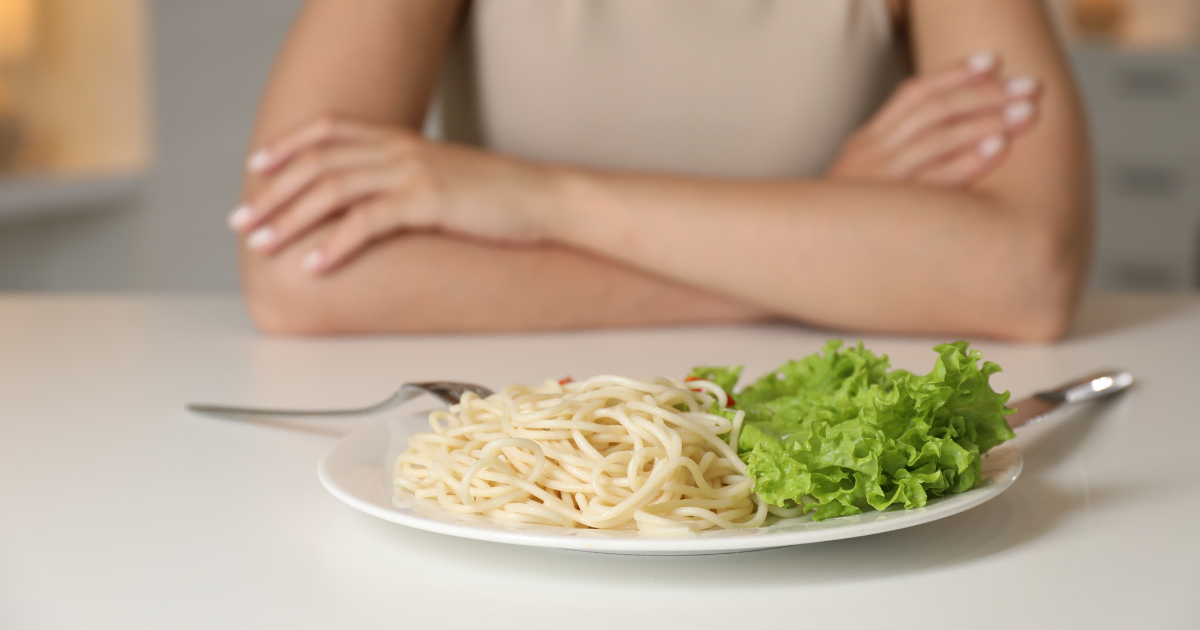
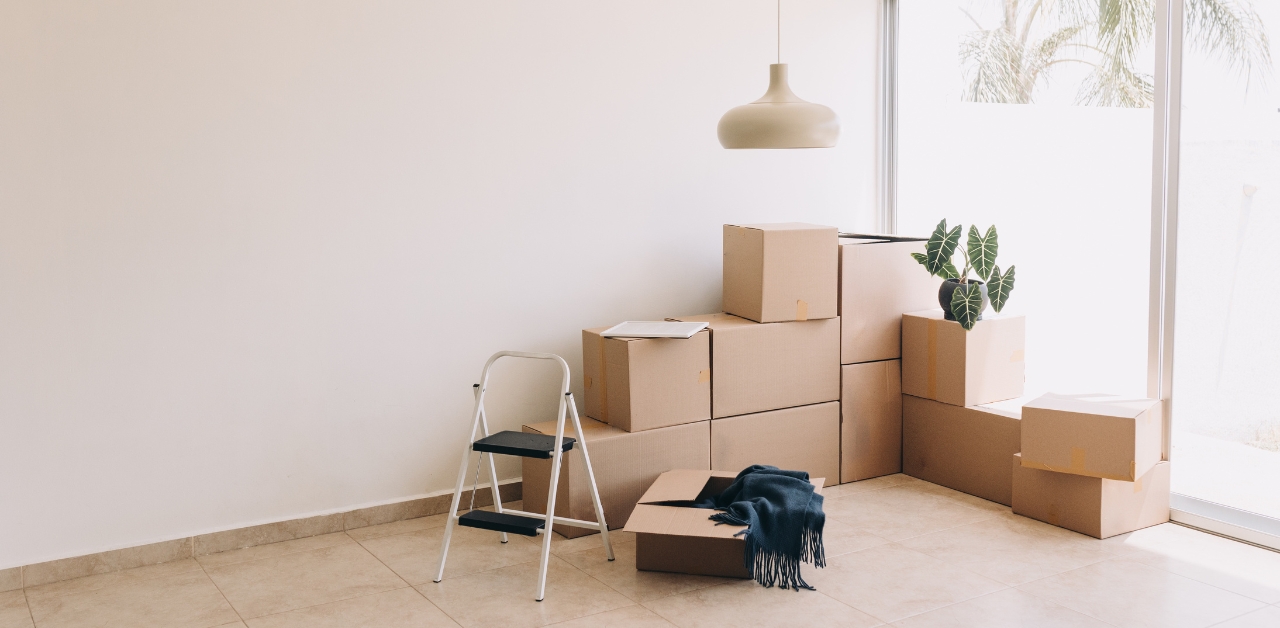

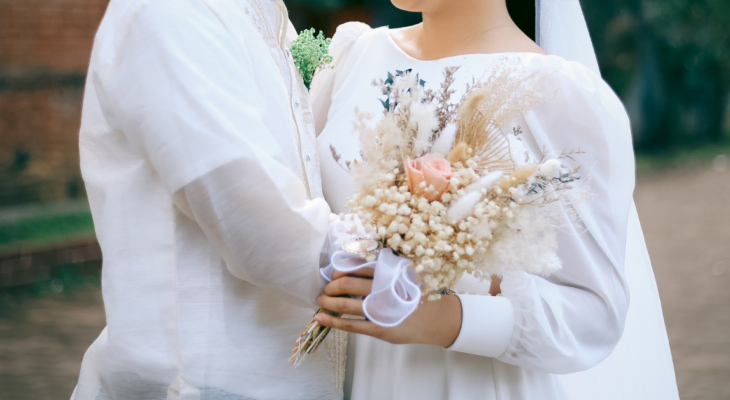

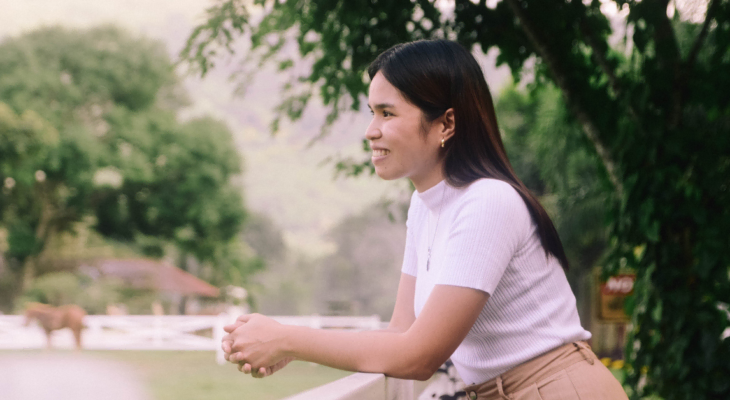


Leave a Reply